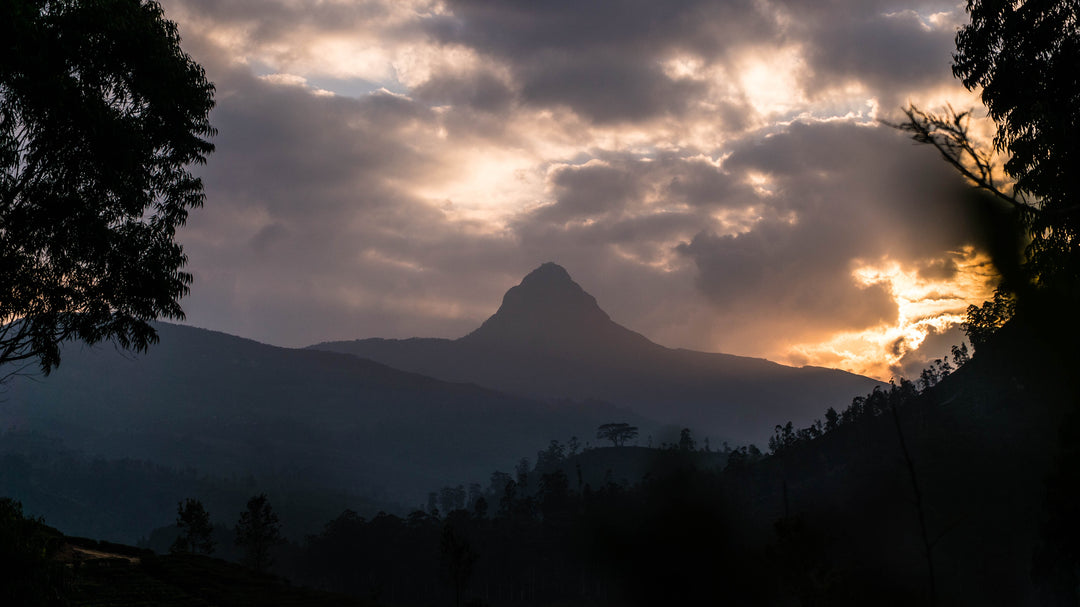Tea Bush Propagation. Smart Stuff!
So let us get all the technical jargon out of the way up front, before we get onto the more interesting information.
“VP” stands for vegetatively propagated and is often used when the crop plants either do not produce seeds or when the seeds produced are not viable or are of long dormancy. The method relies on the use of pieces of vegetative plant parts such as stems, leaves, or roots to perpetuate the parent plants
“TRI” is the Tea Research Institute of Sri Lanka, and they are the national body responsible for generating and disseminating new technologies related to tea cultivation and processing.
VP teas are a relatively new but very important development. It is a widespread technique used in many countries to develop teas that are weather resilient or have specific flavour characteristics.
A VP bush is a tea bush that has been propagated using a cutting from a mother bush. The mother bush is selected by an expert planter or by the researchers from the TRI because that mother bush has desirable characteristics. For example, you might have a bush that deals extremely well with drought. Or a bush that produces a better tea flavour or gives a thicker cup colour. You might have bushes that deliver an improved yield or are more resistant to certain pests and diseases. This is not genetic engineering or modification just innovative techniques that allow the tea estates to keep up with market requirements and environmental factors.
When plantations in Sri Lanka were converted from Coffee to Tea in the 1870's, the plantations were established using seedling bushes.
Those seedling bushes were each grown from seeds allowing then all to be unique and are what gives each tea estate its own identifiable flavour profile.
Since the 1950's plantations have been adding VP teas to replace old underperforming seedlings and many estates will have a 60:40 ratio of VP to seeding bush tea. Seedling bushes are vital in maintaining the unique characters of each single estate.
VP bushes can also be unique to individual plantations. For example, Waltrim Estate in Lindula, has its own VP tea known as W26. When tasting a batch of these teas, the flavour is so unique that one can pick a Waltrim tea out from a blind tasting of the whole western high grown.
PMD Tea is hoping to add seasonal Waltrim tea to the website this year.




